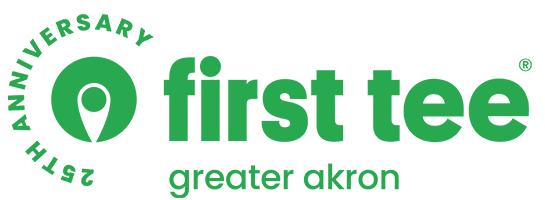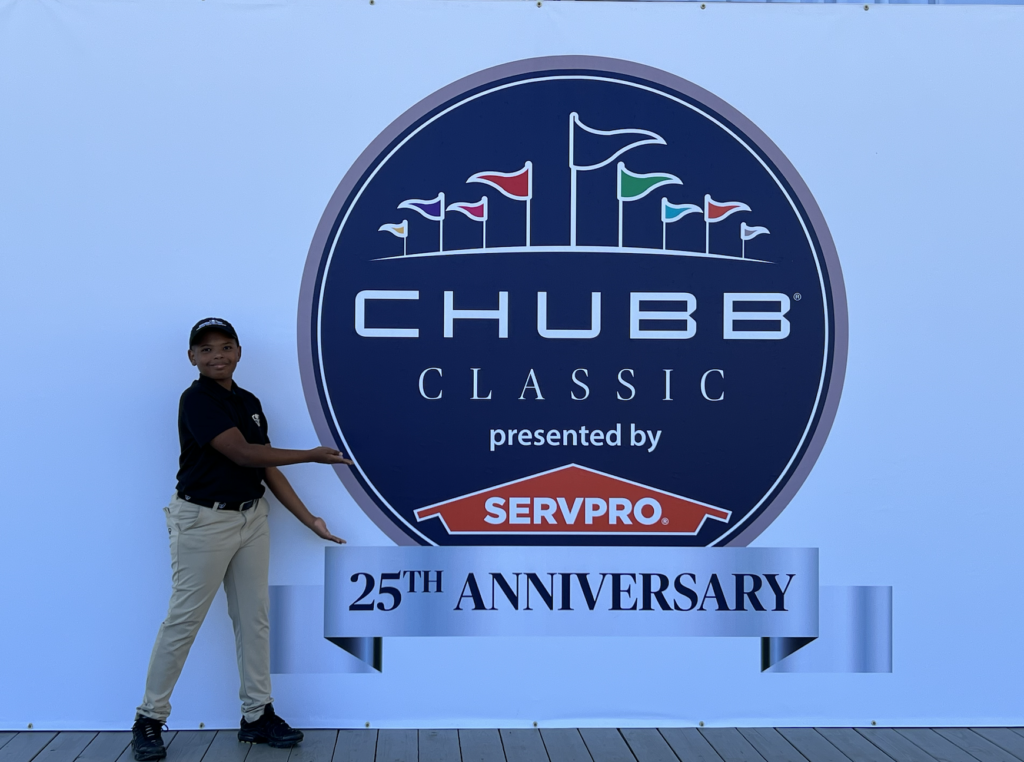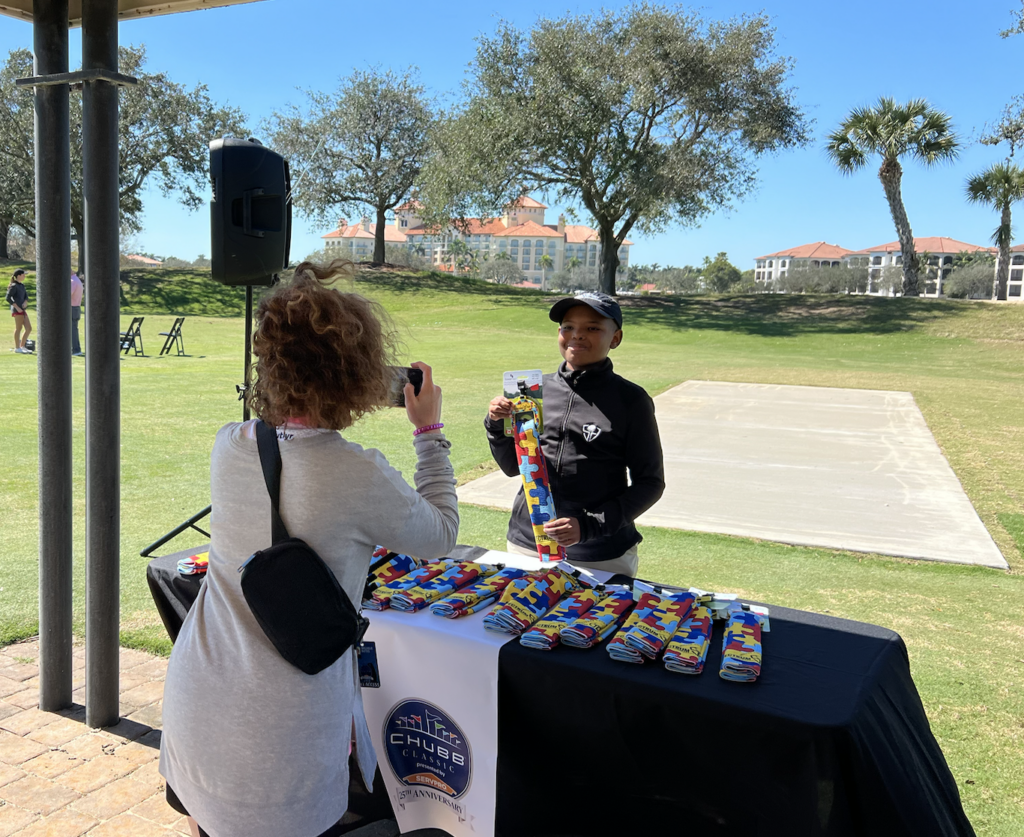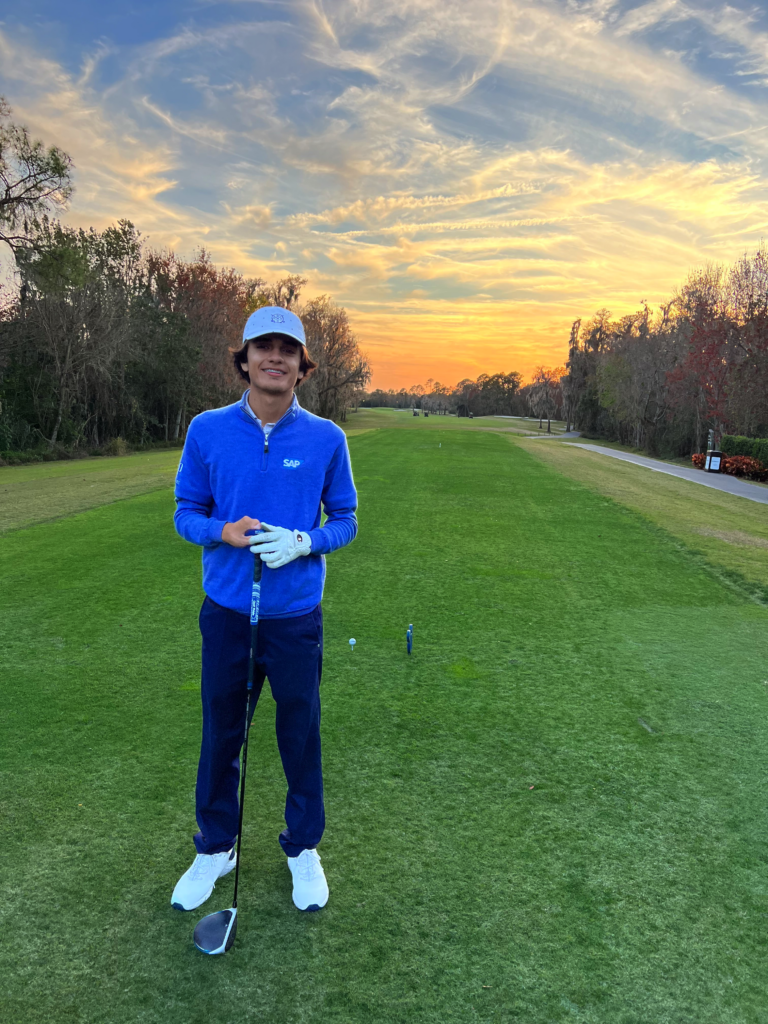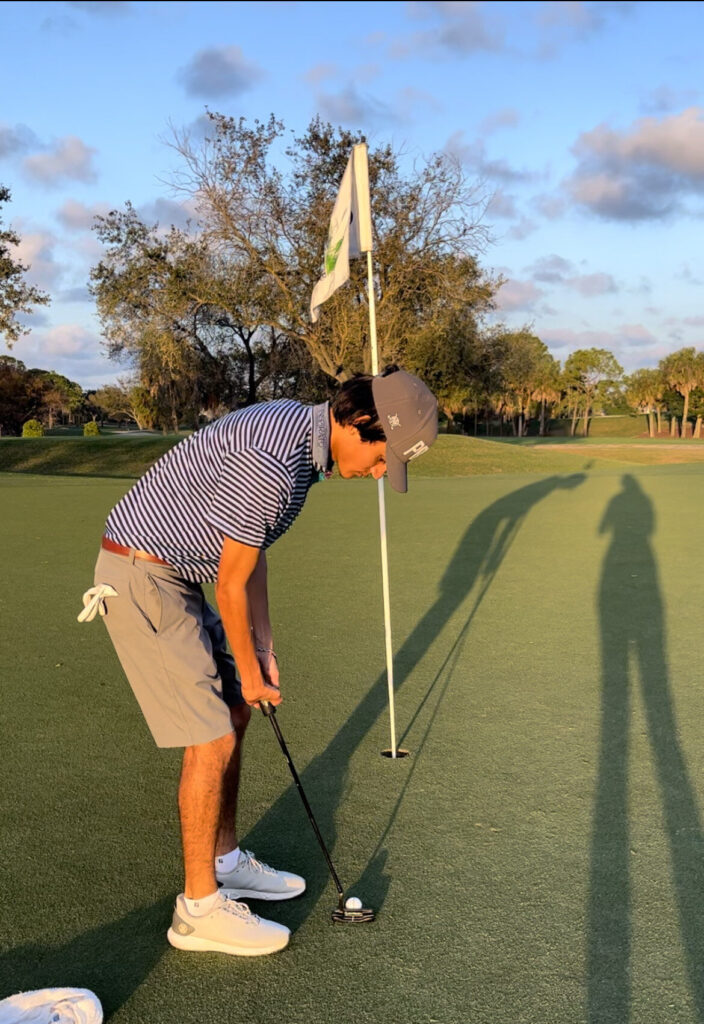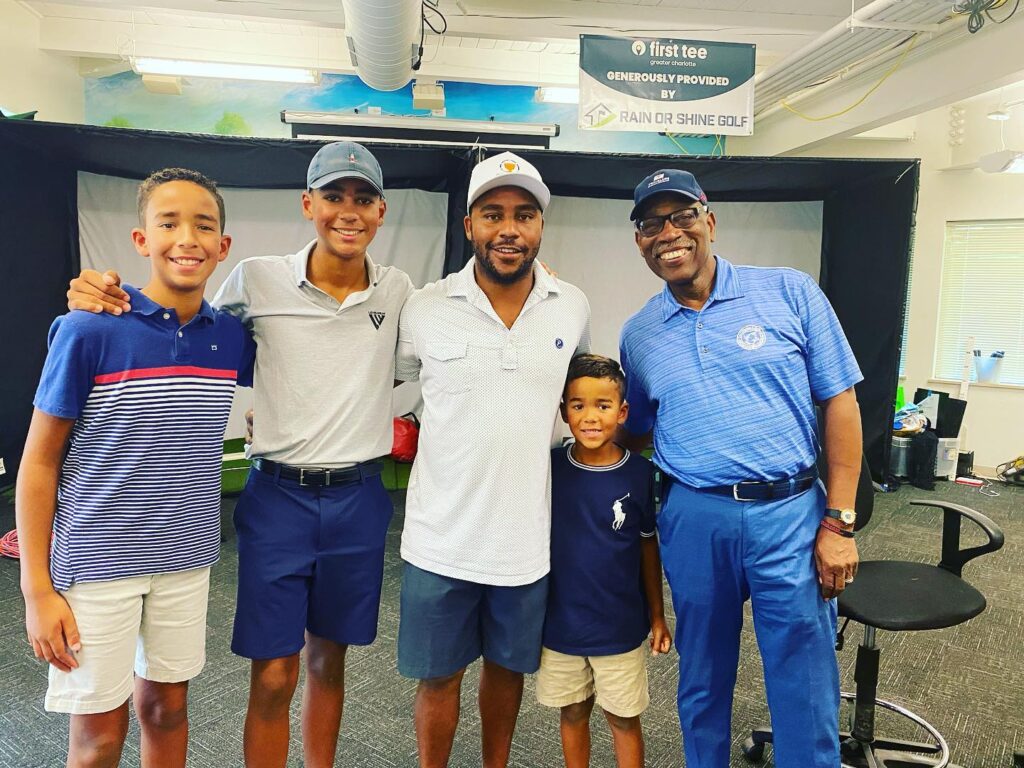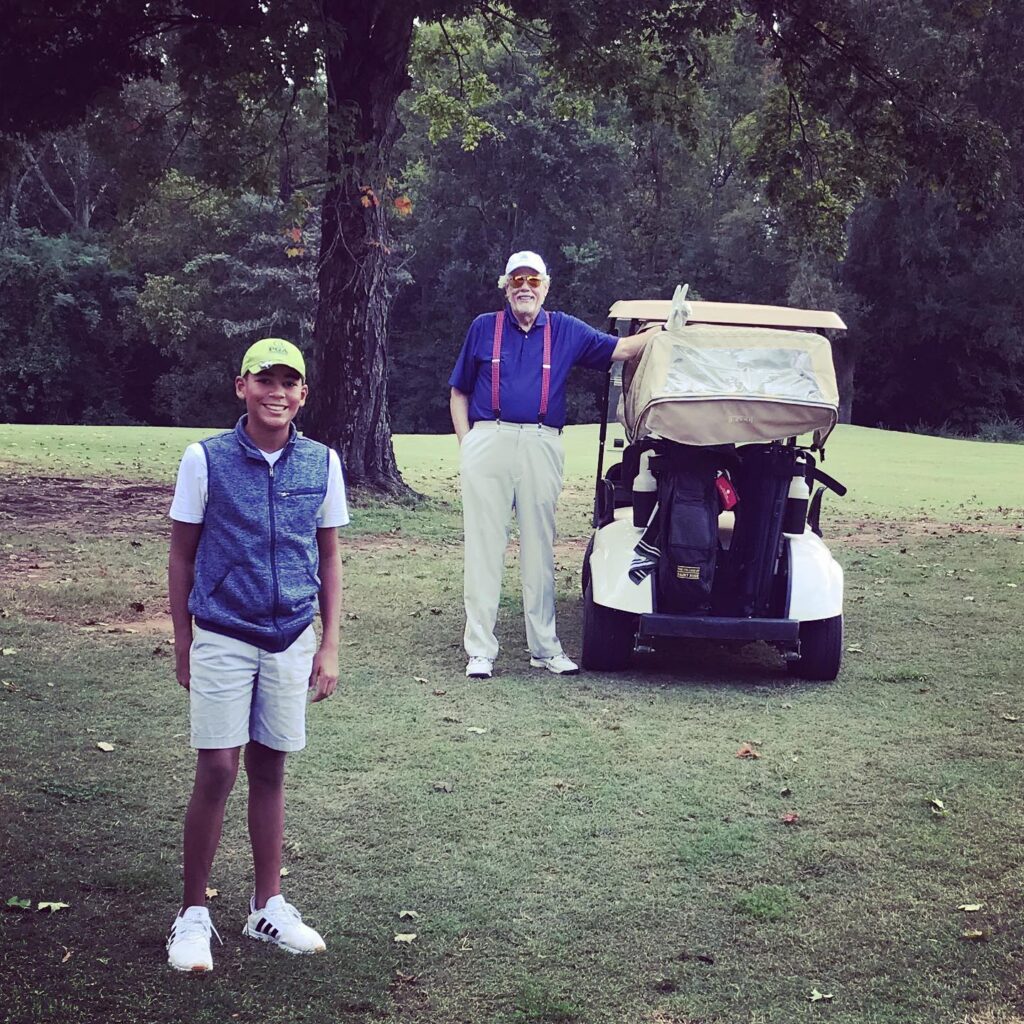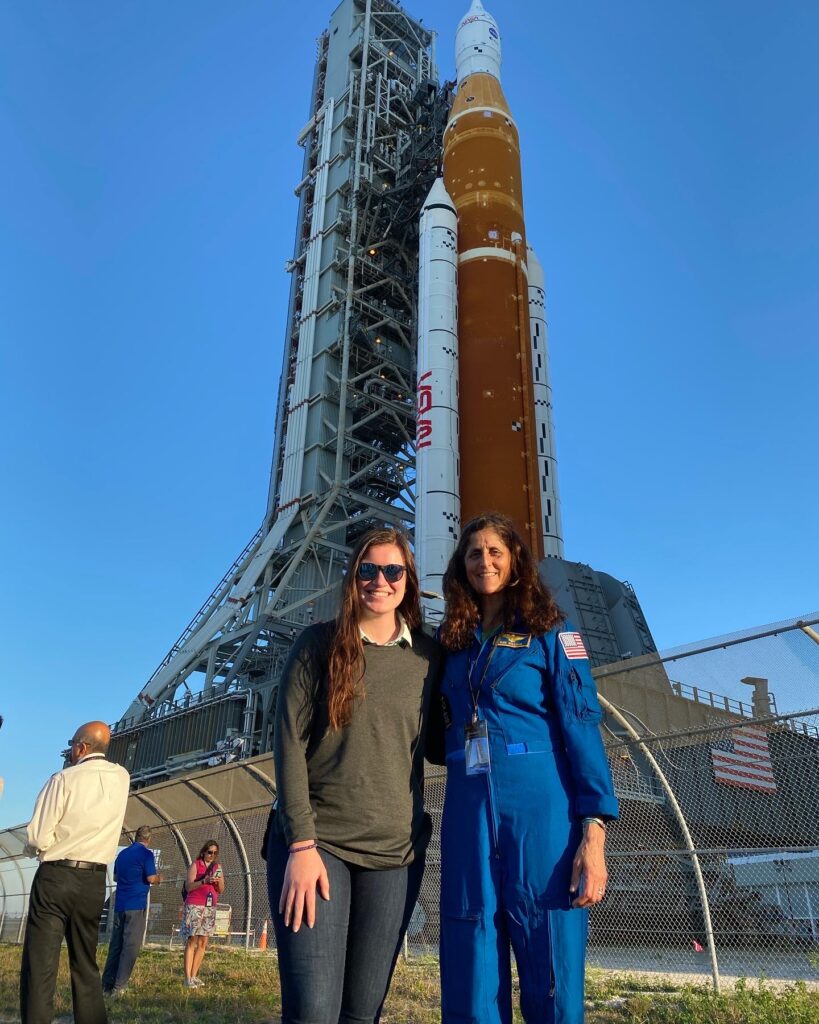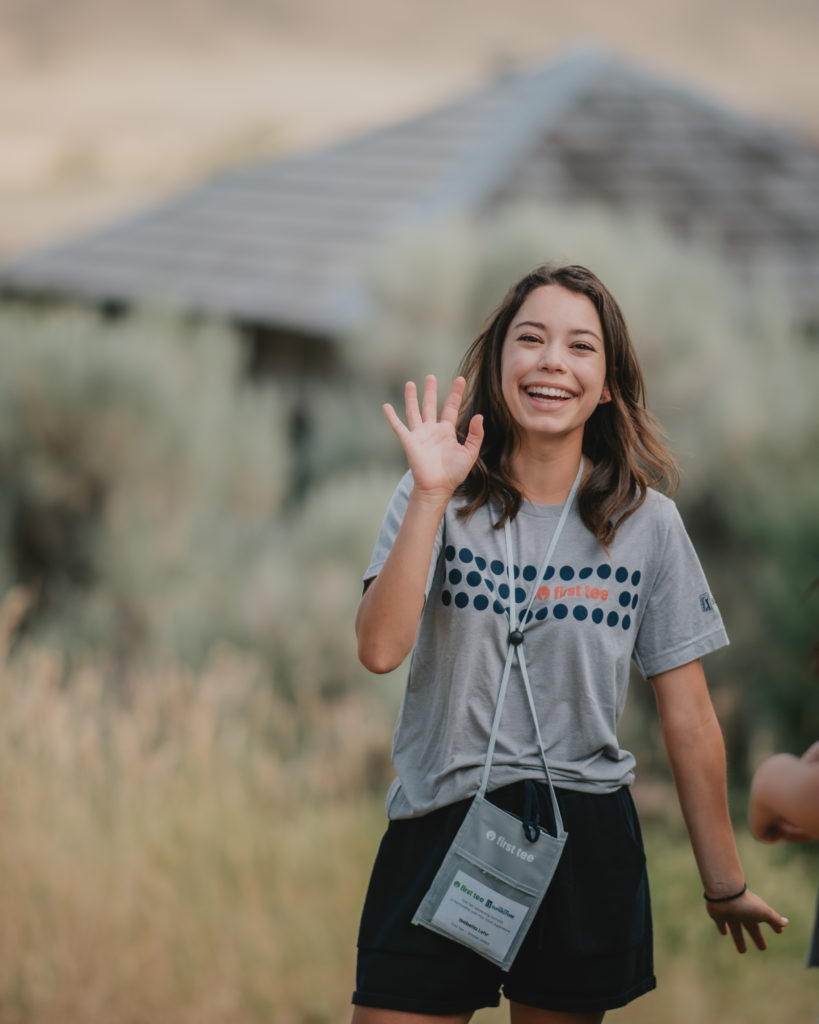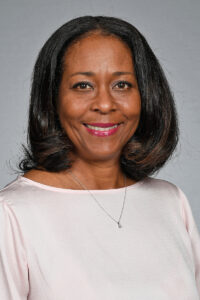
February is Black History Month, an important time to recognize the contributions and remember the hardships endured by generations of African Americans. Appreciating diversity and what makes us each unique remains an integral part of First Tee’s DNA year-round.
“When you bring together people with different perspectives and different experiences, the whole becomes stronger than the sum of its parts,” said Pepper Peete, whose career in golf began more than two decades ago when she established the men’s team at Edward Waters College, an HBCU in Jacksonville, Florida. Peete now helps lead culture and inclusion efforts at First Tee headquarters.
Access for All
First Tee has always been committed to reaching kids from all backgrounds and making sure they feel included in our programming. At First Tee we commit to:
- Appreciating what makes us different.
- Providing everyone with what they need to succeed, knowing that our needs and challenges may differ.
- Creating space that makes every individual feel like they belong and can see themselves reflected.
Collaborating with others – including those who are different from you – is a Key Commitment at First Tee, and it means showing respect, kindness and care for everyone. Regardless of race, ethnicity, gender, ability, sexual orientation or lived experience, we’re all unique.
Here are some ways kids can get more comfortable learning about and from others.
A-L-R is a tool for learning about others
First Tee coaches introduce the concept of appreciating diversity by explaining that people differ in many ways and are similar in other ways, and we all have strengths and weaknesses. It is important for kids and teens to understand, accept and appreciate their own strengths and weaknesses, but it is equally important they do the same with others.
Engaging others in conversation doesn’t always come naturally to children, but it can be one of the best ways to form meaningful connections across perceived barriers. A-L-R is a strategy we teach at First Tee.
- Ask questions: Invite your child to ask questions to discover more about a person’s background and past experiences, which might provide insight into who they are today and the commonalities they share.
- Listen to understand: Introduce active listening by encouraging your child to focus on what others are saying rather than thinking about what to say next.
- Reflect and respond: Invite your child to show how they were listening by responding with a thoughtful question or sharing your own thoughts or feelings on the topic at hand.
Through this exercise, kids might learn they share common interests with someone who looks or sounds different to them.

Don’t forget that in addition to learning about others, preteens are often grappling with and discovering their own identities. If your family positions diversity as an asset, your child might feel more comfortable being themself.
Exposing your child to food, music or books from other cultures can help them see the commonalities we share and appreciate that our differences make the world a richer place. You can also discuss the diversity that exists within your own family or community to show that diversity is everywhere, including the golf space.
“Golf has given me an opportunity to go places I never would have been able to go and meet people I never would have been able to meet,” said Peete, who was married to Calvin Peete, one of the most successful Black professional golfers in history. “I think golf can open up unexpected doors.”
A lifelong golfer and mother to two daughters who played golf at HBCUs, Peete has seen the sport become more accessible, especially to women, and she believes the golf course is a perfect place to break down barriers. “You get to meet so many different people through golf,” Peete said.
